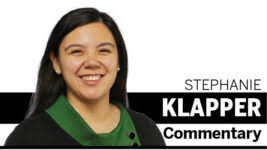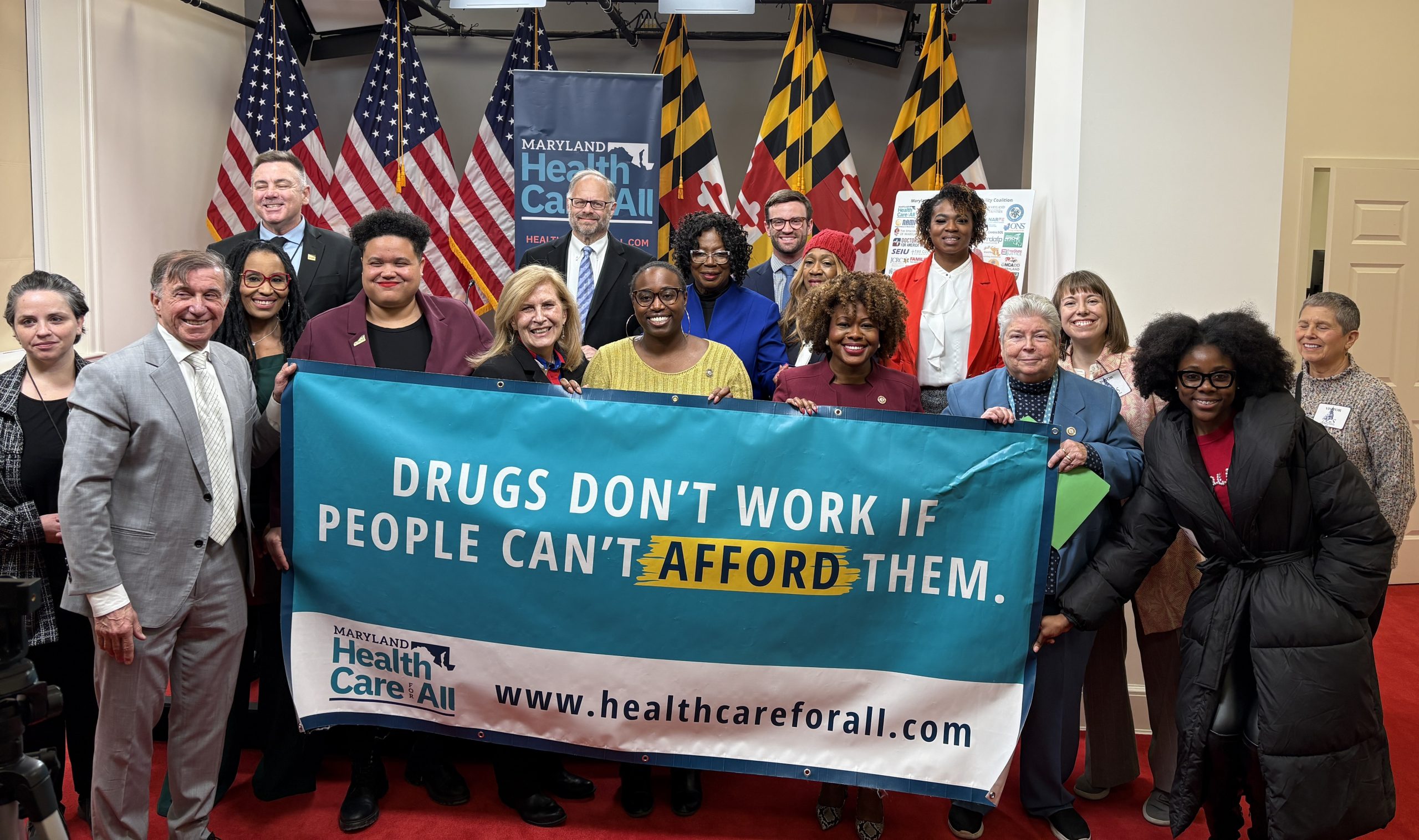The Baltimore Sun
June 22, 2013
By Andrea K. Walker
As a multimillion-dollar national campaign launches Sunday to enroll Americans in the nation’s new health care program, Maryland officials have already begun enlisting local groups in a similar drive.
In one example, 200 Christian, Jewish and Muslim religious leaders were brought together in Baltimore in May to discuss the health care initiative — part of a series of meetings and webinars to engage hospitals, religious congregations, insurance brokers and other groups seen as crucial to the outreach campaign.
The state will begin more aggressive steps, including a door-to-door effort to reach the most vulnerable residents, later in the summer and early fall, ahead of the October opening of the enrollment period for Maryland’s health exchange. As the date of full implementation gets closer, outreach operations will ramp up with advertising, a telephone hot line and other methods.
“Outreach is not only important but really critical to our success,” said Carolyn A. Quattrocki, executive director of the Governor’s Office of Health Care Reform. “There are lots of people that still don’t fully understand what will happen Oct. 1 and what they need to do to take advantage.”
The success of President Barack Obama’s health care initiative depends on enrolling large numbers of the nation’s uninsured — there are an estimated 50 million across the country and 750,000 in Maryland.
The federal law, which goes into full effect in January, aims to spread the cost of health care while working on ways to deliver it more efficiently. But it has been opposed by congressional Republicans and other critics who say it will drive up health care costs for many Americans, even those who have insurance now. The GOP-controlled House of Representatives has voted more than three dozen times to repeal or curtail the initiative.
Surveys have shown that many Americans do not understand the Affordable Care Act — which has been nicknamed Obamacare — or think they won’t be able to afford insurance.
Under the law, most people will still have coverage under an employer’s plan. The uninsured can buy coverage on a state exchange, or open marketplace, beginning in October. Individuals and companies would have to pay a penalty to opt out.
The national effort dubbed “Get Covered America” starts Sunday with plans to use many of the grass-roots techniques that Obama employed to win the presidency. The campaign will organize an army of volunteers for door-to-door outreach and canvassing at festivals, farmers’ markets and community events across the country.
State officials estimate that one-third of uninsured Marylanders will gain coverage under the Obama health initiative in its first year. Those living on less than 138 percent of the federally established poverty level — about $32,500 for a family of four — will gain coverage through an expansion of Medicaid. The expansion is expected to bring low-income adults without children onto the insurance rolls.
Some people will qualify for federal subsidies to offset the cost of premiums.
“I think there is still a misconception that health insurance is unattainable, that it is too expensive,” said Becca Pearce, executive director of the Maryland Health Benefit Exchange, the marketplace where people will buy insurance in Maryland. “People actually do want insurance and when they find out they can get it they’re very interested.”
Bishop Douglas Miles of Koinonia Baptist Church, who sat on last month’s panel for faith leaders, said many had misconceptions about the health care law. Some thought it was an effort to sell insurance, he said.
Churches can be an important proponent of the health care initiative because they have a captive audience of congregants, Miles said. “The hope is, faith leaders will address it from the pulpit and in small groups in their churches and invite in ambassadors who are trained lay people who can share with their congregation what the Affordable Care Act can do for their families,” he said.
His Northeast Baltimore church has started a health ambassador program to educate members and also plans to send ambassadors into neighborhoods to talk about the law.
Leaders from Maryland’s major hospitals gathered this month to figure out how to integrate education about the health initiative into their institutions. The uninsured show up in emergency rooms for care, and hospitals could hire and train a counselor to help enroll people or train existing staff to do that, Quattrocki said.
“They are a key constituency since they touch the uninsured every day,” she said.
Using $24 million in federal grants, the state has chosen six community organizations to help reach the uninsured at the local level. Unlike the church groups and other volunteers, the six organizations will be able to enroll people.
“What we are doing is building a store, and we need as many people to come to the store as possible,” Pearce said. “We know across the country that four in 10 people are still unsure of what the Affordable Care Act offers them. It is our job to educate people on the importance of health insurance and what the Affordable Care Act has to offer them.”
HealthCare Access Maryland in Baltimore is one of the six groups that will reach out to people. CEO Kathleen Westcoat said the organization will focus on Baltimore City and Baltimore and Anne Arundel counties to find an estimated 220,000 uninsured who live there.
HealthCare Access will partner with other groups to visit festivals and community organizations and canvass neighborhoods. It will also staff a hot line to answer questions. Details of the outreach efforts, which are to begin this summer, are still being worked out.
“We want to blanket these three counties,” Westcoat said. “We will deploy people to a wide variety of places.”
The state’s outreach will include efforts to find hard-to-reach populations, with the use of bilingual materials for immigrant communities.
A consultant who works with small businesses said convincing people about the benefits of the Obama health care initiative will be a tough job. Michael Merson, former chairman of CareFirst BlueCross BlueShield, the state’s largest insurer, said many small businesses are confused by the mixed messages they are getting, with many considering opting out or hiring more part-time workers to avoid providing coverage.
Leaders of the national outreach campaign acknowledge that the effort won’t be easy.
“We know it’s a big task,” said Anne Filipic, president of Enroll America, the nonprofit formed to lead the effort. She said most of the nation’s uninsured — 78 percent, according to the organization’s most recent survey — “don’t know about this new opportunity.”
Filipic, a former White House official who worked on Obama’s 2012 campaign, said the nonprofit plans to hire about 200 people and engage thousands of volunteers in coming months to focus on community activities.
Enroll America is also working with hospitals, health clinics and physician groups to train medical professionals to educate patients about enrolling in health insurance. For example, Doctors for America, a nonprofit that pressed Congress to pass the health care law, is training 100 doctors and medical students, according to Dr. Alice Chen, the group’s executive director.
Filipic said Enroll America will start a paid media campaign later this year.
Filipic would not say how much the group plans to spend on the outreach effort or what many of its corporate partners will do to assist. An official with Enroll America said the budget would be “in the tens of millions” of dollars.
Noam N. Levey of Tribune Newspapers contributed to this article.
twitter.com/ankwalker




